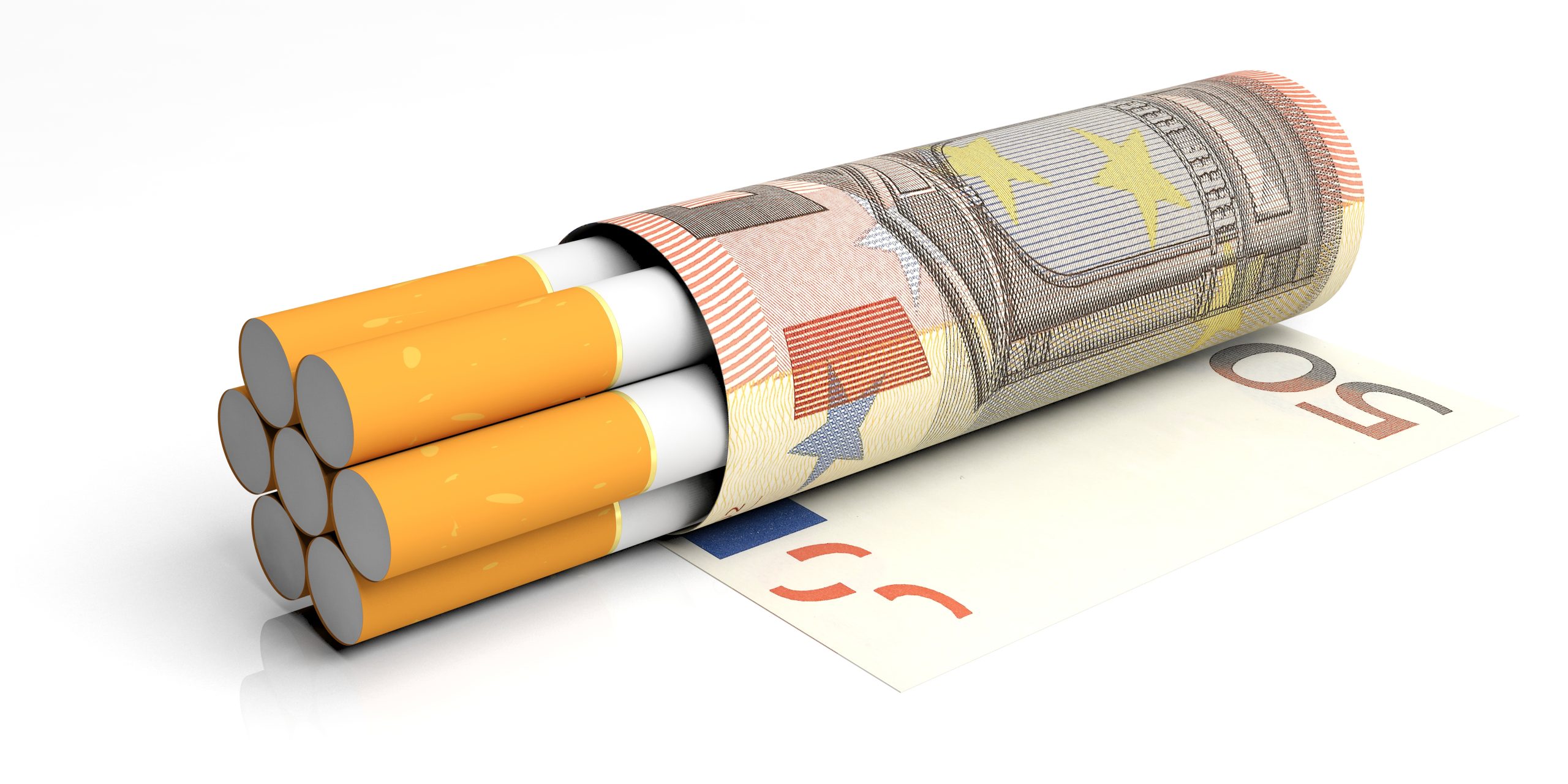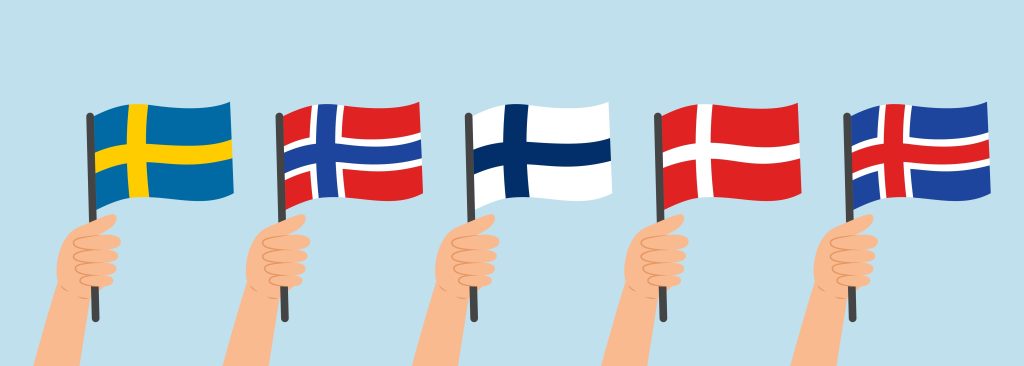Open Letter to COP11: Do You Want to Raise Tax Money or Save Lives?
28th Oct 2025

This November, delegates from over 180 countries will gather in Geneva for COP11: the Eleventh Conference of the Parties (COP) to the World Health Organization (WHO) Framework Convention on Tobacco Control (FCTC). It’s the world’s most influential tobacco policy summit. Over six days, member states debate and adopt positions on tobacco and nicotine regulation. These decisions are non-binding, but they could either accelerate harm reduction or make it disappear in a puff of smoke.
COP11 doesn’t just influence global tobacco policy—it also shapes the EU’s next move. The European Commission is already preparing its revision of the Tobacco Products Directive (TPD3). What happens in Geneva will echo in Brussels. COP11 sets the world stage. TPD3 writes the European script.
If COP11 doubles down on prohibition, dismisses harm reduction, and treats all nicotine products as equally dangerous, TPD3 will likely follow suit with stricter bans, heavier taxes, and fewer options for smokers to switch. That’s not regulatory alignment. It’s regulatory failure that affects the nearly 100 million European who smoke.
So, we’re asking a simple question of the attendees:
Do You Want to Raise Tax Money or Save Lives?
Because right now, it looks like the former.
If the goal is to “find new revenue streams to support WHO FCTC implementation activities” as noted in the EU’s draft position, taxes might do the trick.
That is at odds with the Directorate-General for Taxation and Customs Union’s rationale for the proposed tax hikes:
“Increasing minimum EU tax rates is urgently needed to align with Europe’s Beating Cancer Plan’s 2040 goal of a tobacco-free Europe, where less than 5% of the population uses tobacco. The smoking prevalence of Europeans is not declining sufficiently fast to meet this objective. Smoking prevalence in the EU is still at 24%.”
If the actual goal is to decrease smoking, there is already a proven way to do it. Sweden’s 5% daily smoking rate is far and away the lowest in the bloc. Had snus been legalized across Europe, smoking rates could have plummeted—potentially saving millions of lives and reshaping public health policy. Instead, the EU’s 1992 snus ban blocked access to one of the most effective harm reduction tools.
COP11 will influence the next revision of the EU Tobacco Products Directive (TPD3). The EU’s draft position “reiterates its support for strong regulation of electronic nicotine delivery systems and electronic non-nicotine delivery systems, which include a ban.” Many EU member states have already made moves in this direction.
“The road to a tobacco-free Europe is paved with good intentions, but where is that road actually going?”
Denmark banned e-cigarettes with flavors other than menthol or artificial tobacco in 2022, but in 2024 “fruit” was “the most frequently cited type of flavor in e-cigarettes in 2024” (63%). Non-electronic delivery systems are also facing challenges. Nicotine pouches are banned in Belgium and the Netherlands. France announced that nicotine pouch possession will be a crime starting in March 2026. There is also a draft for a de facto ban in Luxembourg limiting products to <0.048 mg nicotine per pouch.
The EU’s 24% smoking rate is now the highest of all WHO regions. And that number seems unlikely to go down if alternatives to cigarettes are highly taxed or banned. Sweden has the lowest smoking rates in the EU not because it banned nicotine—but because it regulated it responsibly. Under Sweden’s Tobacco-Free Nicotine Products Act, manufacturers must notify authorities, meet safety standards, and follow strict marketing rules. Non-compliant products are banned. It’s smart, enforceable, and focused on protecting consumers rather than punishing them.
“The EU ignored Sweden’s success once. Doing it again isn’t a mistake—it’s malpractice.”
Instead of embracing innovation, COP11 is entertaining bans, taxes, and fear-driven narratives. Instead of empowering smokers to switch, it’s doubling down on outdated dogma. And instead of listening to consumers, it’s silencing them.
We’re not here to defend companies. We’re here to defend choice.
We’re here to defend the millions of adults who want safer alternatives.
We’re here to defend the principle that public health should be guided by evidence—not ideology.
So again, we ask:
Do You Want to Raise Tax Money or Save Lives?
Because if COP11 chooses prohibition over pragmatism, it won’t just be a missed opportunity for the EU. It will be a global failure.
Sincerely,
Markus Lindblad





